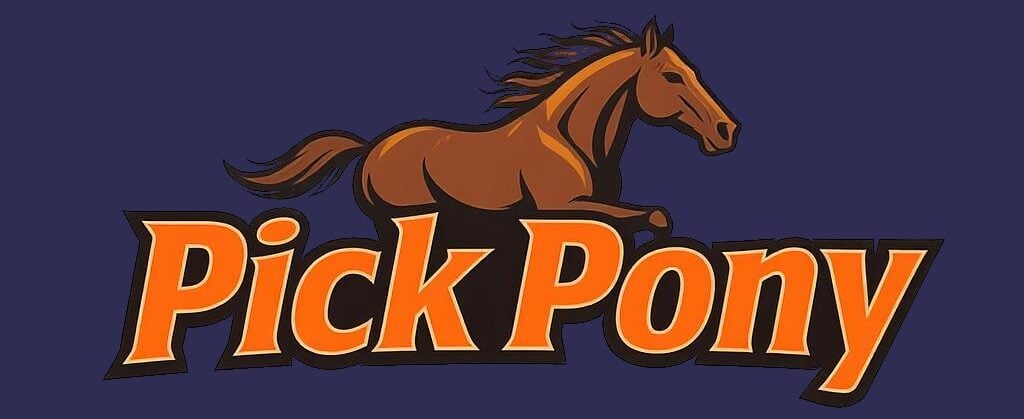A field horse is one of a group of horses that run as a single betting unit when there are more starters in a race than there are betting positions available on the pari-mutuel equipment.
Why Field Horses Exist
Field horses are created when the number of starters exceeds the betting units provided by the track’s pari-mutuel system. Most tote boards have a limited number of betting positions (typically 12-20), so when more horses enter a race, some must be grouped together for betting purposes.
How Field Horse Betting Works
When horses run as part of the mutuel field, they are treated as a single betting interest. This means:
- A bet on any horse in the field wins if any horse from that group finishes in the money
- All horses in the field are grouped under one number on the tote board
- The field typically gets assigned the highest program number (like #12 if there are 12 betting units)
Selection Process
Field horses are selected by the Racing Secretary alone, who typically chooses up to three horses from a group of extra entries. The selection is made from horses that would otherwise not have individual betting positions due to equipment limitations.
Distinction from “The Field”
It’s important to note that “field horse” is different from betting “the field” in field vs. favorite wagering, where “the field” simply means all horses except the favorite.
